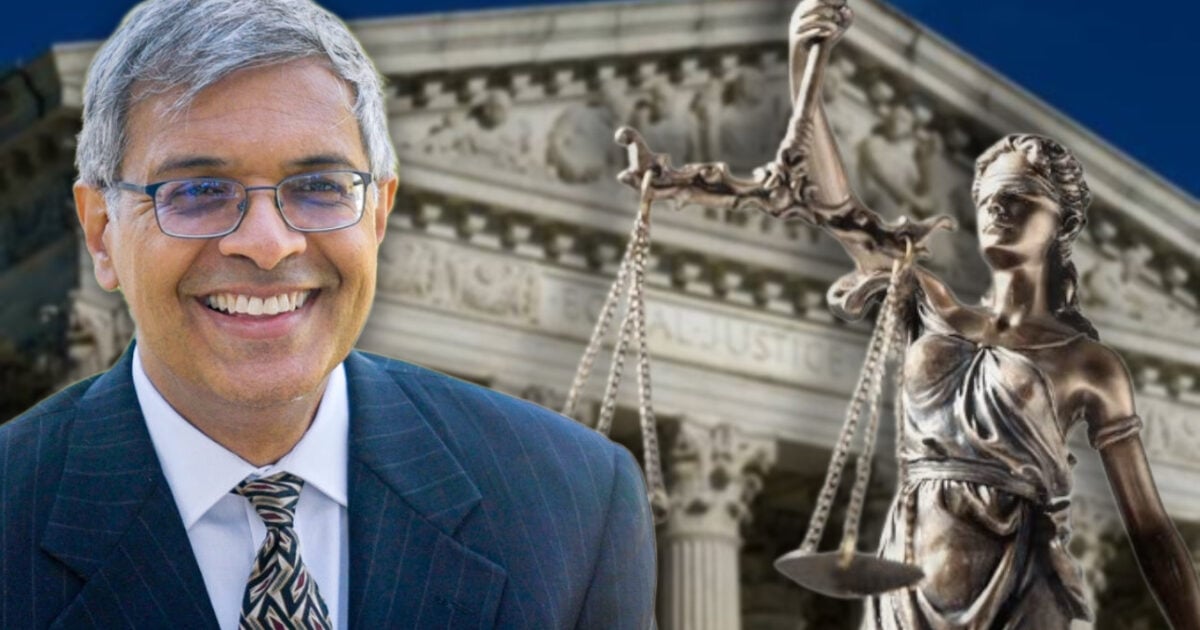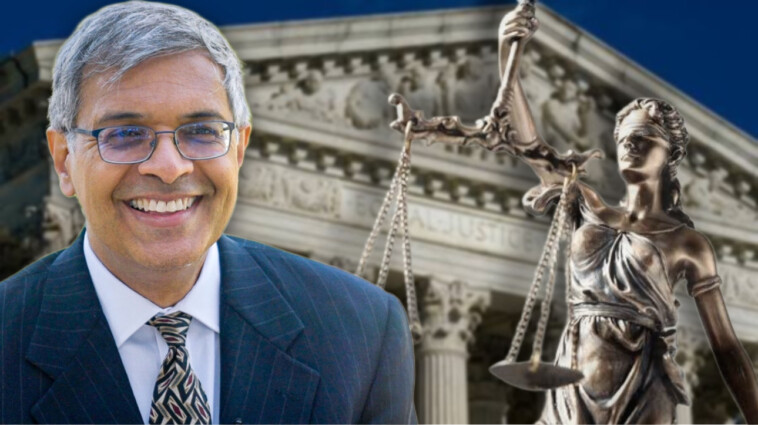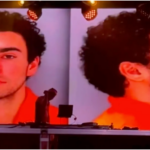
This story originally was published by Real Clear Wire
By Wilk Wilkinson
Real Clear Wire
Just weeks before President-elect Trump announced that Dr. Jay Bhattacharya would be his nominee to lead the National Institutes of Health (NIH), Dr. Bhattacharya and I were together at Stanford University for a bold, first-of-its-kind symposium on public health decision making during the COVID-19 crisis. The idea behind the symposium was to shatter the public health echo chamber and bring diverse perspectives together in respectful dialogue. Dr. Bhattacharya and I are close friends, but our backgrounds are quite different. He is firmly at home at Stanford, having gone there as an undergraduate, and then going on to get a medical degree and a Ph.D. there before joining the faculty as a Professor of Health Policy. I, on the other hand, am a blue-collar Midwesterner who enlisted the in U.S. Navy after high school. I carry no titles of academic distinction and was likely the only participant at the symposium without a medical degree or PhD.
Yet, I was invited by Stanford to moderate the symposium’s opening panel with seven leading public health authorities from top institutions across the world. What brought me into this unusual position was my expanding work to rebuild truth and trust in public health—a collaboration that began with former NIH Director Dr. Francis Collins and the Braver Angels organization, which is nation’s largest movement working to bridge the partisan divide.
My work with the Truth & Trust Project began in early 2022 when Dr. Collins was the outgoing Director of NIH. He approached Braver Angels – of which I am an active member, ambassador and volunteer – with a unique request: he wanted to better understand his own “blind spots” and find ways to rebuild public trust in the U.S. health system after America’s bitter experience with it throughout the COVID-19 crisis. Braver Angels saw an opportunity to pair Dr. Collins with someone outside the the typical public health echo chamber, but who cares deeply about the subject. That unlikely someone was me.
Dr. Collins and I began having regular conversations, including public ones on my podcast, DerateTheHate. Our work together was eye-opening for both of us. Dr. Collins brought deep expertise and years of leadership in public health, while I offered a fresh perspective, shaped by my experiences in blue-collar Middle America. Through our collaboration, Dr. Collins and I kept returning to the critical question of how to rebuild trust in institutions that have grown disconnected from the people they serve.
Since our collaboration in this project began, I have had the opportunity to interview, engage, and develop personal relationships with many leading public health officials from across the nation, including Dr. Bhattacharya. The public health experts I have engaged do not always see eye-to-eye with each other on public health policy—in fact they often deeply disagree—but all are deeply troubled by the sharp declines in public health trust, and all have perspectives worth hearing. If we do not broaden our aperture and listen to dissenting voices from across America about where we went wrong in the last pandemic, we will not be prepared to manage the next one. It could arrive without warning at any time.
The Stanford conference felt like the start of something significant. The symposium brought together leading public health experts with different viewpoints on the pandemic response and it demonstrated how intellectual pluralism and dialogue only sharpen our thinking. The conference reinforced the idea that meaningful change can only come when we move beyond echo chambers and engage with those who see the world differently.
What lessons did the COVID-19 crisis teach us?
COVID-19 exposed glaring weaknesses in our public health response, which in my view were largely driven by an overreliance on centralized decision-making. Federal agencies issued sweeping directives that often ignored the diverse needs and realities of local communities. Schools were closed, businesses were shuttered, and lives were upended by policies that felt disconnected and, at times, arbitrary.
We failed to recognize that local health departments, educators, and community leaders understand local needs, culture, geography and resources better than anyone at the federal level. We failed to empower them in the public health decision making process. By sidelining them in favor of centralized mandates, we not only eroded trust but also missed opportunities for effective and responsive solutions that could be supported and promoted by trusted local leaders.
Had public health institutions prioritized the concept of localized decision making – the principle of subsidiarity– trust might not have been so deeply eroded. Rather than a faceless bureaucracy issuing mandates, imagine a system where local doctors, school principals, and community leaders were the primary messengers of public health guidance. These are the people families trust, the voices they are more likely to listen to and follow.
The concept of subsidiarity is much more than a political or philosophical principle—it’s a deeply human and American idea that centers relationships, empowerment, and shared responsibility. Subsidiarity recognizes that the best solutions often come from those closest to the problem, and the principle fundamentally respects the knowledge, context, and capacity for self-governance of the American people.
What Can We Expect from Dr. Bhattacharya’s Leadership of NIH?
As I look to the future of public health under Dr. Bhattacharya, I am hopeful about what we can achieve. Dr. Bhattacharya demonstrated great professional courage and clarity during and after the pandemic, and he is a forceful advocate for a more localized and balanced response to the pandemic crisis. In The Great Barrington Declaration, which he co-authored, Dr. Bhattacharya underscored the importance of protecting the most vulnerable while minimizing societal disruptions like children’s learning loss, which the nation feels acutely as a result of pandemic school closures. Dr. Bhattacharya has argued that the federal government must focus on better equipping local health systems with tools and data rather than imposing rigid, top-down mandates. His vision is a public health system that is responsive, equitable, and grounded in trust – I could imagine no one better positioned to lead the NIH than him.
As President Trump’s nominee, Dr. Bhattacharya will bring the principle of subsidiarity to life on a national scale. His advocacy for empowering local communities to manage public health challenges will not only lead to a better pandemic response next time; it will repair the trust we lost in our handling of the last one. In our highly polarized environment, the principle of decentralized decision making is more vital than ever because trust is built from the ground up—through relationships, transparency, and mutual respect.
Subsidiarity is about more than governance; it is about relationships, empowerment, and shared responsibility, too. Whether in public health, education, or any other area of American life, the principle reminds us that the solutions we seek are often closer to us than we realize. I know Dr. Bhattacharya well. I am confident that he will not only help us restore trust in public health as director of NIH but will demonstrate how the principle of subsidiarity can be help America rebuild trust in other areas of our democracy where it is deficient today.
Wilk Wilkinson is a devoted husband, a loving father, a steadfast Christian conservative, and the insightful host of the “Derate The Hate” podcast.
This article was originally published by RealClearPolicy and made available via RealClearWire.


